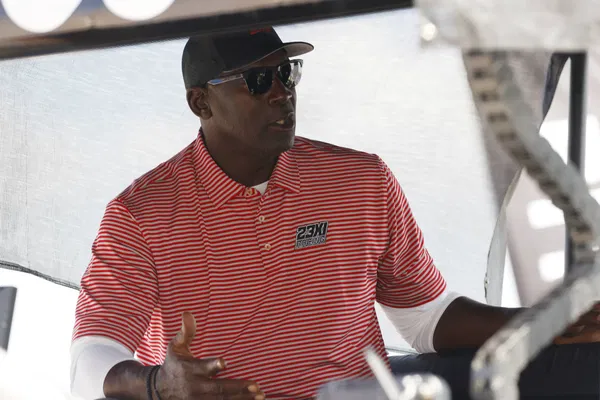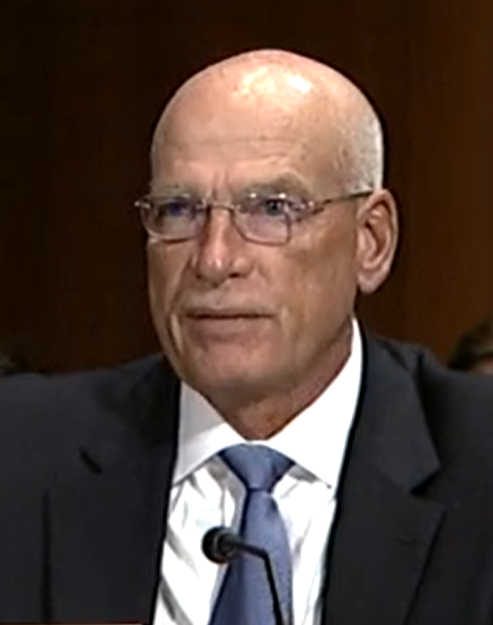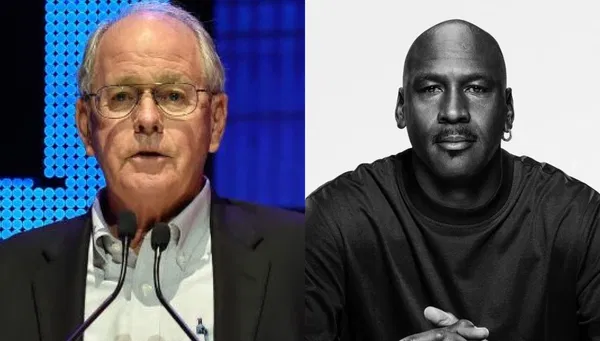Michael Jordan’s 23XI Racing vs. NASCAR: A Divisive Legal Battle Splits the Racing World
The ongoing antitrust lawsuit filed by Michael Jordan’s 23XI Racing against NASCAR has sparked intense debate within the racing community. While some see the suit as a much-needed challenge to NASCAR’s longstanding dominance, others, particularly seasoned veterans, view it as unnecessary and even harmful.
One notable voice supporting NASCAR is industry veteran Larry McReynolds, who expressed skepticism about the lawsuit. “Based on what little I know, based on what I hear and what people explain, it just does not sound like it’s going in their favor,” McReynolds stated, highlighting the uphill battle 23XI Racing faces.
Adding to the discourse, retired driver Rick Mast weighed in on Kenny Conversations, shedding light on why many old-school figures side with NASCAR. Mast explained how dramatically the landscape of NASCAR has changed since his era and why some veterans feel today’s teams may not fully appreciate their advantages.
Racing Without a Safety Net: The Era Before Charters
Back in the ’80s and ’90s, teams faced relentless competition just to qualify for races. Unlike today’s charter system, which guarantees grid spots, over 40 cars would show up on race weekends, fighting for limited spots. Many teams had sponsors but no guarantees they’d make the race—a harsh reality that often led to financial collapse.

Rick Mast pointed to iconic teams like Junior Johnson & Associates and Bud Moore Engineering, which folded due to lack of sponsorship after failing to make races. “We didn’t have a net. We lost a lot of sponsorships because teams failed to make races,” he explained.
The introduction of the charter system was supposed to protect teams and their sponsors. “This thing (charters) came along to protect the teams, really protect the sponsors… it was supposed to give the team owners some blue-sky value to their teams,” Mast added.
He lamented that modern teams might not fully understand the system’s benefits: “Now it comes along, and NASCAR’s got it, and we’re like, ‘Man, you guys don’t really understand how good you’ve got it right now compared to the way we had to deal with it.’”
The Charter System’s Limitations and NASCAR’s Financial Woes
Despite its advantages, the charter system has not solved all of NASCAR’s financial challenges. Several chartered teams, such as Michael Waltrip Racing, Furniture Row Racing, and Richard Petty Motorsports, have exited the sport in recent years.
Additionally, sponsorship—a critical revenue source—has declined dramatically. Iconic brands like M&M’s, Hooters, GEICO, and FedEx have scaled back or left altogether. This trend has even impacted powerhouse organizations like Hendrick Motorsports, which, according to Jeff Gordon, hasn’t turned a profit in over a decade.
“I don’t think Hendrick Motorsports has made a profit in 10 years,” Gordon revealed, emphasizing that passion for the sport often outweighs financial considerations. “Rick Hendrick loves the sport, he loves the cars, and it’s good branding.”
Rick Mast’s Perspective on 23XI’s Legal Battle
While Mast acknowledged the financial strain teams face, he questioned whether 23XI Racing’s lawsuit could achieve its goals. “I get what 23XI and FRM are trying to do. They’re trying to get more money for the race teams and some of the things, like a little bit more power and more control, and that will never happen, okay,” Mast concluded.
He emphasized that team owners are unlikely to gain equal footing with NASCAR, as the sport has always been structured to favor centralized control.
Which Side Are You On?
The dispute between NASCAR and 23XI Racing has ignited a broader conversation about the sport’s financial system and its sustainability. While some applaud 23XI’s bold stand, others argue that NASCAR’s charter system is already a significant improvement over the hardships of past decades.
As the legal battle unfolds, it remains to be seen whether this challenge will reshape the sport or merely reinforce its existing power structures. Where do you stand on this divisive issue?



